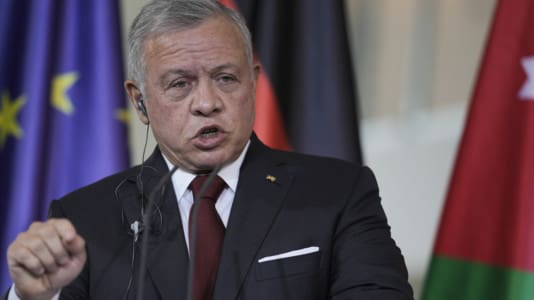Residents in a small village-like district of Munich, which is located near the rural outskirts of the city, are rebelling openly against more migrants in the neighborhood which is already struggling with 400.
In a story that is playing out across Germany, the Johanneskirchen district is fighting against the demographic transformation. The movement against mass migrant resettlement in the small district is being led by a cardiology doctor, Alexander Leber, who has three daughters, along with dozens of citizens from the area.

“They have a screw loose,” said Leber, who helps run a website for their citizens’ initiative.
There should be two new migrant shelters built directly in the small space, one with 284 places on Mirabellerweg and another at Glücksburger Street with 190 places. The problem is the town already has 400 migrants housed in a former hotel near its train station.
[pp id=76417]
“Johanneskirchen is like a village. Then we have almost 900 refugees per 2500 inhabitants. The new accommodations are coming to the open field – there is no infrastructure there at all. How are the people supposed to be integrated there? There’s no concept either!” writes Leber.
Leber told Bild newspaper that while there have been no issues with migrants “yet,” the fact that so many are coming at one time is deeply problematic.
The local government, the district committee, is also skeptical of the plans, noting that there is no room for children and young people in the local schools. As Remix News has reported, Germany’s growing diversity in the school system has led to a major crisis, falling standards, and deep conflicts within schools.
[pp id=93209]
Leber, along with his fellow campaigners Verena Kerth and Martin Krug, also notes a disturbing trend from liberals.
“Red-Green is pushing all the refugees into the outer districts. There are also empty office buildings and hotels in the city center. Why don’t they put people there? Don’t the city councils want refugees in their own neighborhoods?”
The spokesman of Munich social services, Frank Boos, defended the decision, stating that there are few suitable places in the city.
“Where there is a good infrastructure, there are usually no suitable areas available for housing. Almost all municipalities, including Munich, are confronted with this. We therefore have to rely on compromises,” stated Boos.
However, the unequal distribution of migrants in Munich is well documented. The wealthiest districts of Herzogpark, Altbogenhausen and Parkstadt, as well as Oberföhring all have been able to avoid any refugee accommodation plans, while the rural outskirts of Munich have seen a large influx of such residents.
In fact, this same trend holds true throughout the world, with liberal Whites fleeing from diversity or pushing on to other locales. For example, this trend is well documented in Paris.
[pp id=89277]
Similar battles are taking place in other areas of Germany, including in the state of Mecklenburg-Vorpommern. In the city of Grevesmühle, 91 percent of the town’s residents voted against a container village for migrants, however, the mayor argued that migrants would just be housed elsewhere, including tents, in the city. Senior citizens are being removed from their homes in a variety of cities, including Berlin and in southern Germany, to make room for migrants. In the village of Uphal, 500 residents were forced to accept 400 migrants despite fierce resistance from local citizens.
Germany’s left-wing government is currently promoting more immigrants for Germany. Recent polling shows that support for the ruling government has hit a record low, while the anti-immigrant AfD has soared to a record 23 percent. Germans rate immigration as their number one issue by a large degree, with 44 percent saying it is the most pressing concern. Another poll from this month showed that 64 percent of Germans believe the country should accept fewer migrants, and the same number say migrants bring more disadvantages than advantages.






